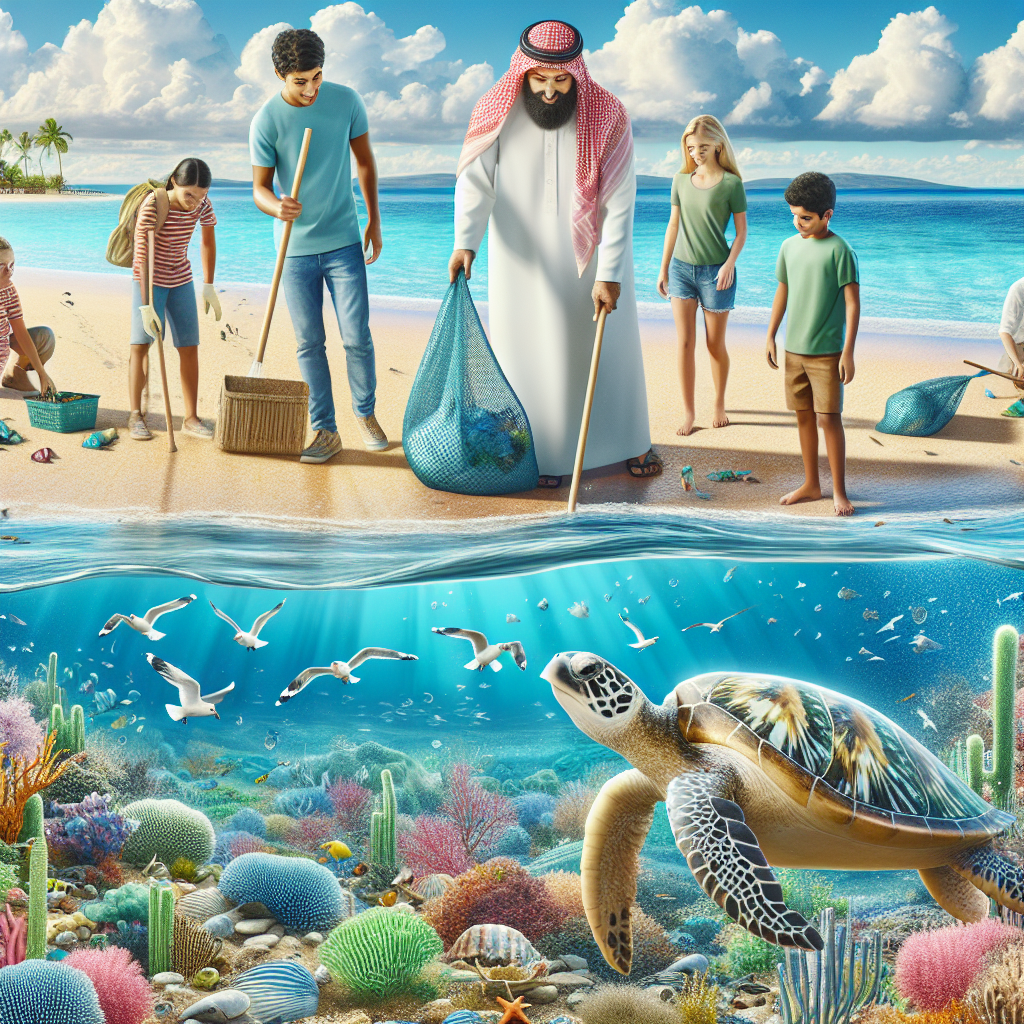World Bank Scales Up Global Efforts to Combat Plastic Pollution Lifecycle
The World Bank Group has taken an active role in the INC process by organizing side events, sharing analytical tools, and helping bridge technical and policy gaps.

As the global community races to finalize a historic International Legally Binding Instrument (ILBI) on plastic pollution by the end of 2024, the World Bank Group (WBG) is stepping up its engagement to support countries in preparing for the agreement’s implementation. This follows the adoption of UNEA Resolution 5/14 in March 2022, which launched a comprehensive process to address plastic pollution across its entire life cycle — from production to disposal.
Through a strategic mix of financing, policy support, technical assistance, and partnerships, the World Bank is aligning its efforts with the work of the Intergovernmental Negotiating Committee (INC) tasked with developing the ILBI. The Bank’s mission is clear: help clients eliminate plastic pollution while advancing poverty reduction, environmental sustainability, and economic competitiveness.
Supporting Global Negotiations Through Evidence and Expertise
The World Bank Group has taken an active role in the INC process by organizing side events, sharing analytical tools, and helping bridge technical and policy gaps. Its comparative advantage lies in its global presence, operational scale, and ability to combine public and private finance with cutting-edge analytics.
Currently engaged in over 60 countries on plastic-related interventions, the Bank is providing upstream and downstream support — from tracking plastic sources in rivers and coastal zones, to financing recycling infrastructure, to advising on regulatory reform.
Innovation in Data, Tools, and Policy Modeling
A major part of the Bank’s contribution is its focus on data collection and digital tools to support decision-making:
-
Drone surveys and field assessments are identifying top plastic pollutants in waterways across Cambodia, Laos, the Philippines, and Vietnam.
-
Case studies in Nigeria and Senegal are pinpointing plastic hotspots and their environmental impact on coastal systems.
-
The Plastic Policy Simulator (PPS) provides governments with dynamic policy modeling to evaluate impacts of different policy mixes across the plastic value chain.
-
The Bank is also developing PlastINVEST, a toolkit that estimates the investment needs for national action plans, breaking them down by year, asset class, and intervention type.
Policy and Regulatory Reform: From Action Plans to Circular Economy
World Bank support goes beyond data. It helps governments create plastic action plans, circular economy roadmaps, and regulatory frameworks:
-
In Vietnam, Thailand, and the Philippines, the Bank has contributed to implementation strategies for national action plans on plastics.
-
In Bangladesh, WBG is guiding the development of a comprehensive plastic life cycle assessment and policy roadmap.
-
Mozambique and Malaysia are receiving support to assess opportunities in circular economy transitions.
These efforts are designed to empower countries to phase out single-use plastics, expand waste management infrastructure, and stimulate green job creation.
Scaling Investments Across Public and Private Sectors
The World Bank is directing financing through IBRD/IDA instruments, including funds from PROBLUE, to bolster plastic-related operations in sectors such as:
-
Waste management in Cambodia and Indonesia
-
Agriculture in China
-
Emerging work in fisheries, tourism, and river basin development
On the private sector side, the International Finance Corporation (IFC) is making equity and debt investments in plastic recycling and sustainable packaging:
-
A notable example includes a $33 million IFC investment in a Mexican recycling facility to produce food-grade resin from used plastic bottles for the soft drink industry.
-
The IFC is also conducting joint market studies, establishing technical standards, and advising companies on entering circular economy markets.
Partnerships and Regional Collaboration
Leveraging its global convening power, the Bank is forming coalitions with actors such as OECD, UNEP, UNEP FI, and the Global Plastic Action Partnership (GPAP). This collaborative approach ensures alignment with Member State priorities and helps scale impact.
In addition to country-level support, WBG is driving regional solutions, recognizing that plastic pollution knows no borders. Key initiatives include:
-
SEA-MaP: A Southeast Asia regional program to tackle marine plastics
-
PLEASE: A South Asia initiative to promote plastic-free rivers and seas
-
Upcoming programs in West Africa and the Pacific Islands
Preparing for ILBI Implementation: A Customizable Role
As negotiations move toward finalizing the ILBI, debate continues over the design of obligations (top-down vs. country-led), the scope of targeted plastics, financing mechanisms, and extended producer responsibility (EPR).
Regardless of the final framework, the World Bank sees its role as central to helping countries meet treaty obligations. Its implementation strategy includes:
-
Customized analytics and baseline assessments, including harmonized data and monitoring systems.
-
Scenario-based decision tools, such as the PPS and PSTE, to support timely policymaking.
-
Investment facilitation through public and private financing to bridge funding gaps and unlock new markets.
Final Thoughts
The World Bank’s engagement in the plastics space is a powerful example of how development finance institutions can help operationalize international agreements. With its blend of technical expertise, policy support, financial tools, and on-the-ground experience, the Bank is well-positioned to support countries as they prepare for and implement the upcoming global plastics treaty.
As the world moves toward a legally binding global framework to end plastic pollution, the World Bank’s leadership in science-based policymaking, investment mobilization, and global cooperation could be a critical force in achieving a future free of plastic waste.










